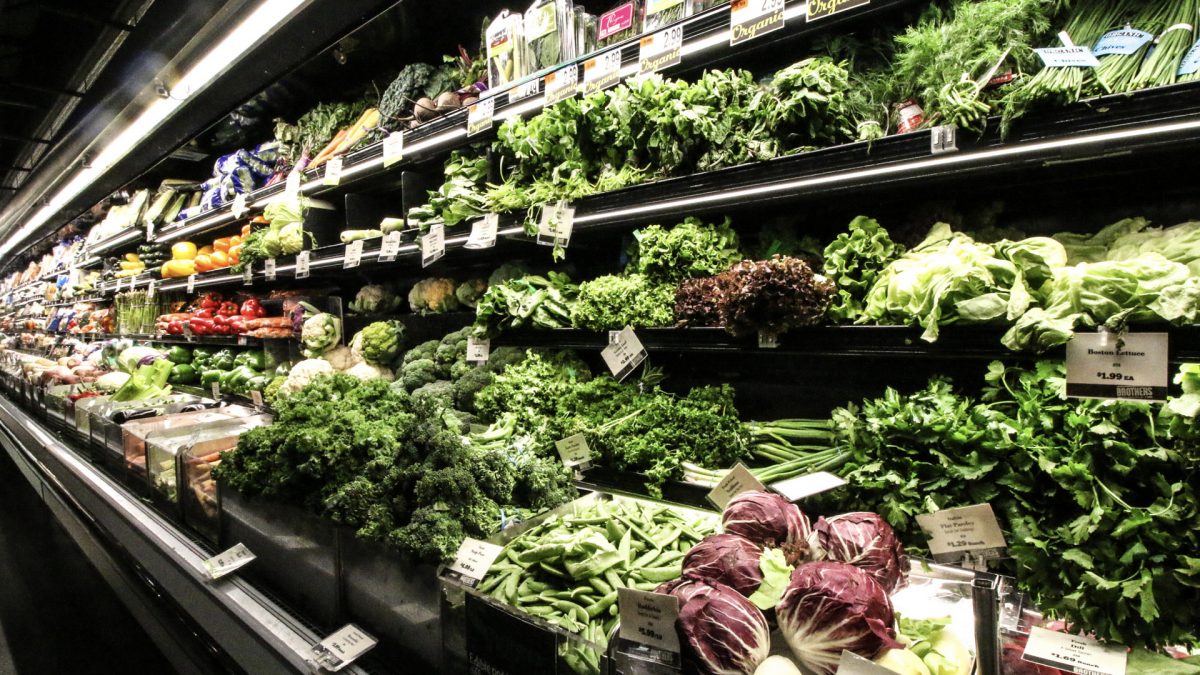In my video How to Prevent Kidney Stones with Diet, you can see what the jagged surface of a kidney stone looks like under a microscope. Imagine one of those scraping down your urinary canal! Kidney stones affect approximately 1 in 11 people in the United States. Twenty years ago it was only 1 in 20, representing a dramatic increase in the prevalence of the disease that started rising after World War II. Our first clue as to why was a study published in the 70’s, which found a striking relationship between stone incidence and the consumption of animal protein. This was a population study, though, so it couldn’t prove cause and effect.
That study inspired researchers in Britain to do an interventional study, adding animal protein to subjects’ diets, such as an extra can of tuna fish a day, and measuring stone-forming risk factors in their urine. Participants’ overall probability of forming stones increased 250% during those days they were eating that extra fish. And, the so-called “high animal protein diet” was just enough to bring intake up to that of the average American. So, Americans’ intake of meat appears to markedly increase the risk of kidney stones.
What about consuming no meat at all? By the late 70’s, we knew that the only dietary factor consistently associated with kidney stones was animal protein. The higher the intake of animal protein, the more likely the individual was to not only get their first kidney stone, but to then suffer from subsequent multiple stones. This effect was not found for high protein intake in general, but specifically high animal protein intake. Conversely, a diet low in animal protein may dramatically reduce the overall probability of forming stones. This may explain the apparently low incidence of stones in vegetarian societies; so, researchers advocated “a more vegetarian form of diet” as a means of reducing the risk.
It wasn’t until 2014 that vegetarian kidney stone risk was studied in detail, though. Using hospital admissions data, researchers found that vegetarians were indeed at a lower risk of being hospitalized for kidney stones. It’s not all or nothing, though. Among meat-eaters, increasing meat intake is associated with a higher risk of developing kidney stones, whereas a high intake of fresh fruit, fiber, and magnesium may reduce the risk.
Which animal protein is the worst? People who form kidney stones are commonly advised to restrict the intake of red meat to decrease stone risk, but what about chicken and fish? Despite compelling evidence that excessive animal protein consumption enhances the risk of stone formation, the effect of different sources of animal protein had not been explored until another study in 2014. Researchers compared the effects of salmon and cod, chicken breast meat, and burger and steak. In terms of uric acid production, they found that gram for gram fish may actually be worse. However, the overall effects were complex. Basically, stone formers should be counseled to limit the intake of all animal proteins, and not by just a little bit. Only those who markedly decrease their animal protein intake may expect to benefit.
Making our urine more alkaline can also help prevent the formation of kidney stones (and even dissolve and cure uric acid stones). How can you tell the pH of your urine? See my video Testing Your Diet with Pee & Purple Cabbage.
For more on kidney stones, see How to Treat Kidney Stones with Diet and Do Vitamin C Supplements Prevent Colds but Cause Kidney Stones?. And check out my overview of kidney health in How Not to Die from Kidney Disease.
Uric acid can also crystallize in our joints, but the good news is that there are natural treatments. See Gout Treatment with a Cherry on Top and Treating Gout with Cherry Juice.
Kidney stones are just one more reason that Plant Protein Is Preferable.
In health,
Michael Greger, M.D.
PS: If you haven’t yet, you can subscribe to my free videos here and watch my live, year-in-review presentations:
- 2012: Uprooting the Leading Causes of Death
- 2013: More Than an Apple a Day
- 2014: From Table to Able: Combating Disabling Diseases with Food
- 2015: Food as Medicine: Preventing and Treating the Most Dreaded Diseases with Diet
- 2016: How Not To Die: The Role of Diet in Preventing, Arresting, and Reversing Our Top 15 Killers
